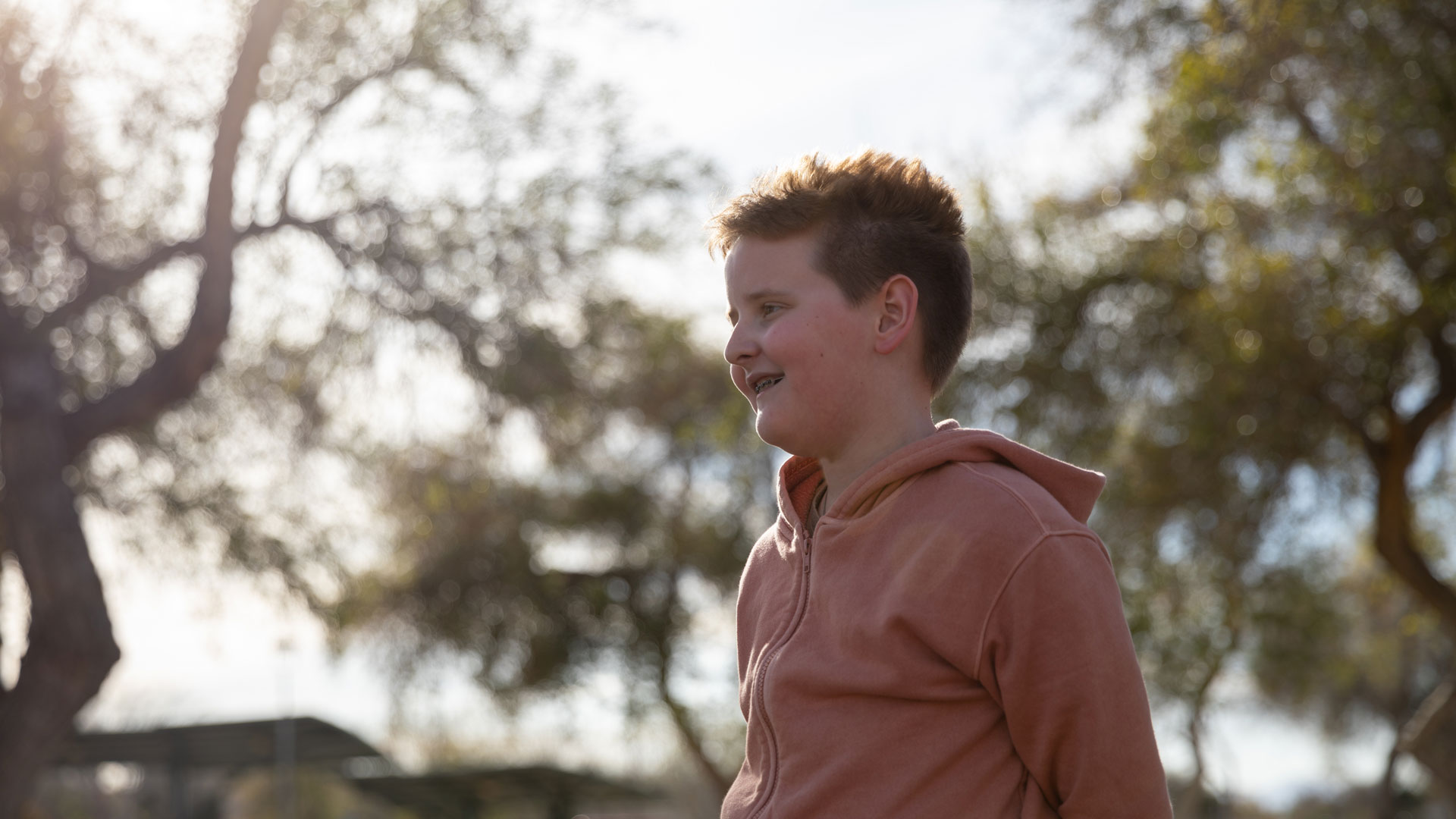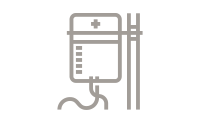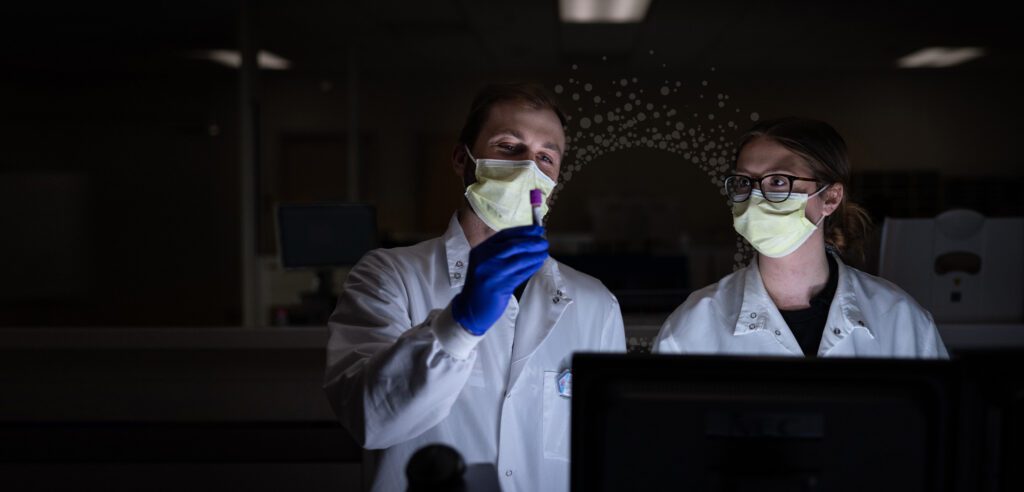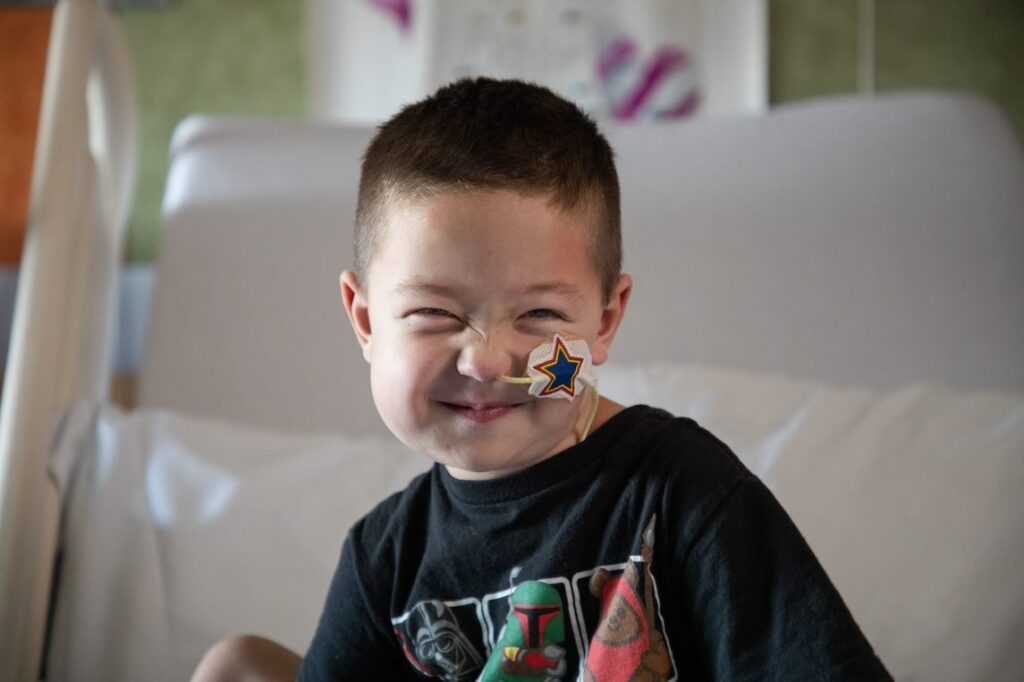Confronting the Crisis
By any measure, Arizona youth are in the midst of a behavioral health crisis. Fueled by the challenges of the pandemic, the incidence of behavioral health conditions—such as anxiety, depression and eating disorders—has increased dramatically among the state’s children and adolescents.
Compounding the crisis is a severely inadequate behavioral health care system, full of gaps that fragment, delay and confuse care. Almost 90% of the state’s communities do not have enough mental health providers, placing Arizona in the bottom third of all states.
Fully addressing these complex challenges will require systemic change. As the state’s premier pediatric health care provider, Phoenix Children’s is answering the call with an ambitious plan to build a full continuum of behavioral health care for Arizona children.
Ultimately, Phoenix Children’s envisions providing the same kind of high-quality,
evidence-based care for behavioral health as it does for physical health. And to make this vision a reality, philanthropic investment will be essential. Together, we can avert heartbreak, renew health and power the full
potential of Arizona’s children. Together, we can plan for hope.
A Desperate Need

6,504 Arizona children (0 to 17 years) visited hospitals in 2022 due to suicide attempts and suicidal ideation.
46 children in that age group died by suicide.

12 average age of children seen for suicidal ideation at Phoenix Children's
7+ children and teens go to Phoenix Children's emergency department each day because they want to harm themselves or others.
A Plan for Hope
Phoenix Children’s is building a seamless continuum of pediatric behavioral health care that will provide accessible, affordable and effective care, from the earliest opportunities for prevention to the moments of greatest crisis. With the support of philanthropic partners, Phoenix Children’s is expanding successful programs and filling critical gaps.


“There's no such thing as health without mental health.”
– Carla Allan, PhD, Hagenah Family Endowed Chair and Division Chief of Psychology
Completing the Continuum
Phoenix Children's is taking bold steps to complete the continuum of pediatric behavioral health care in Arizona. Thanks to support from our generous community, significant progress has been made in the areas of prevention and early intervention and outpatient care, including:
- Introducing 24/7 behavioral health staffing in the emergency department in 2022.
- Launching a system-wide screening program that identifies patients at risk of suicide in 2022.
- Establishing the Bridge Clinic to support patients during the transition between hospital discharge and long-term community care.
- Assigning mental health therapists to care teams in 15 specialties, such as oncology and cardiology.
- Creating a more effective behavioral health referral process, including care navigators who coordinate all care teams and providers.
But there's still much more work to be done. With an investment of more than $100 million into this initiative, Phoenix Children's is seeking philanthropic investments totaling $54 million. Your support will make it possible for Phoenix Children's to bring these ambitious plans to fruition.
Stories of Hope and Healing

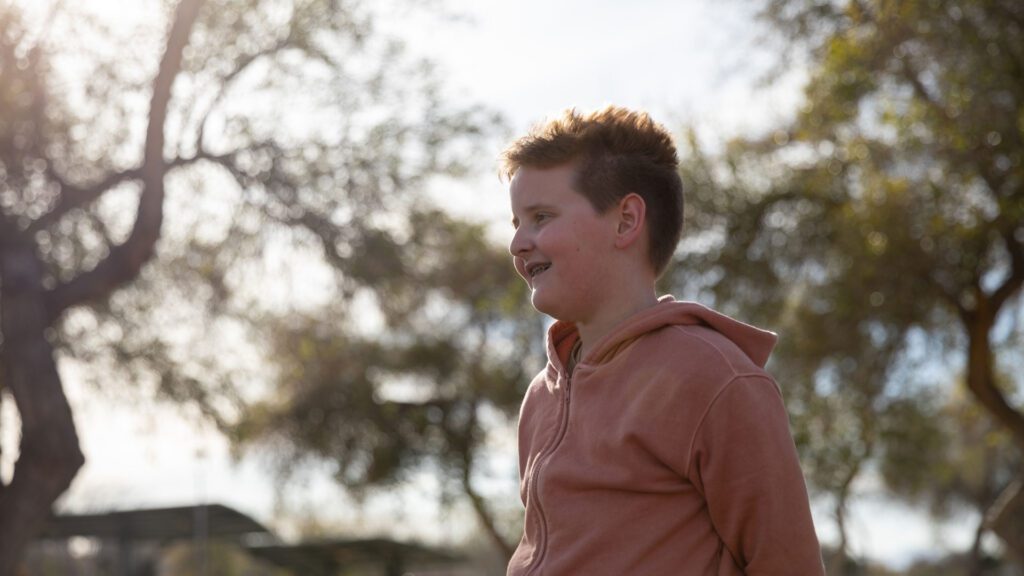
Your support will make it possible for Phoenix Children's to provide accessible, affordable and effective behavioral health care to all Arizona children.

